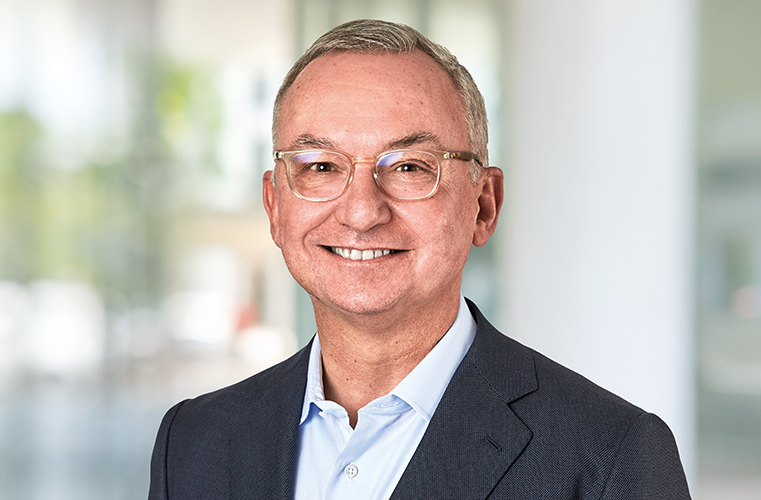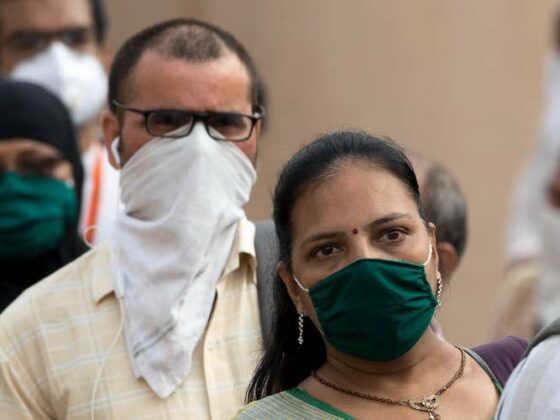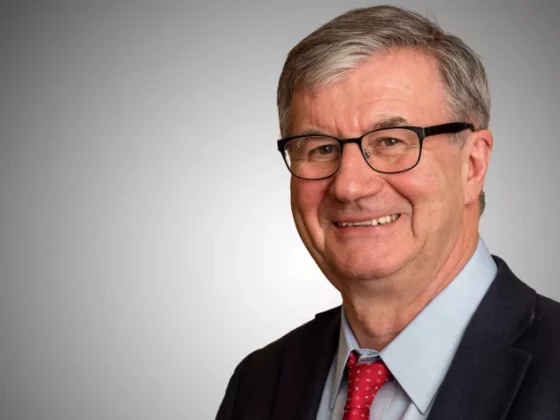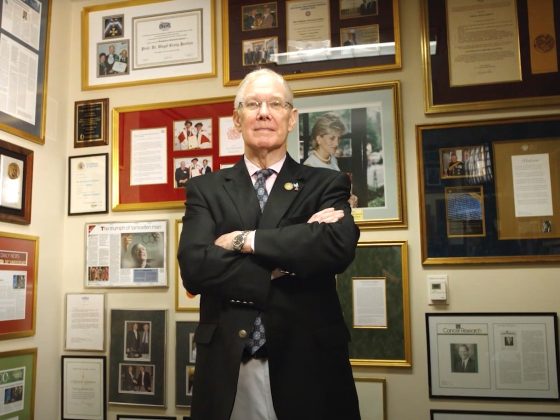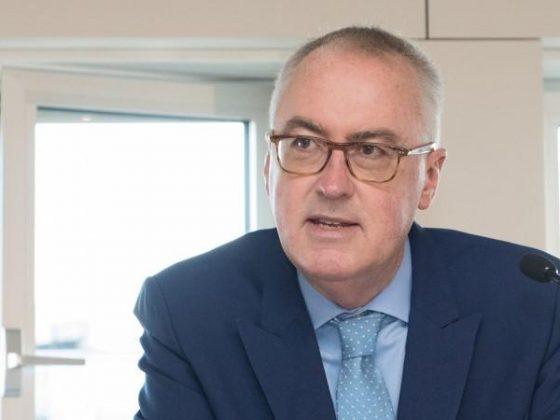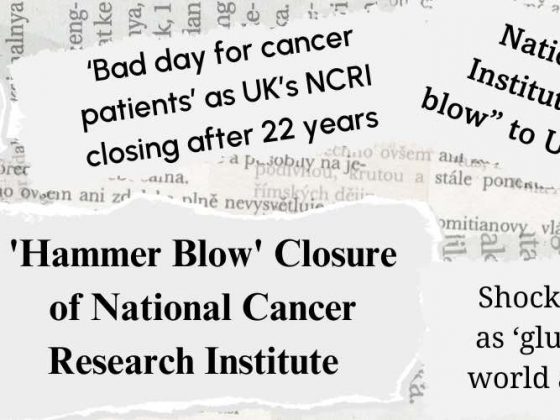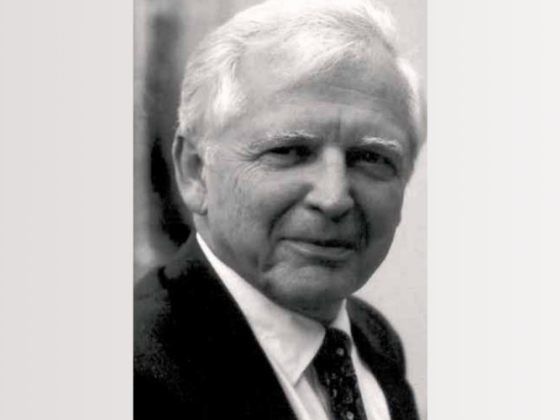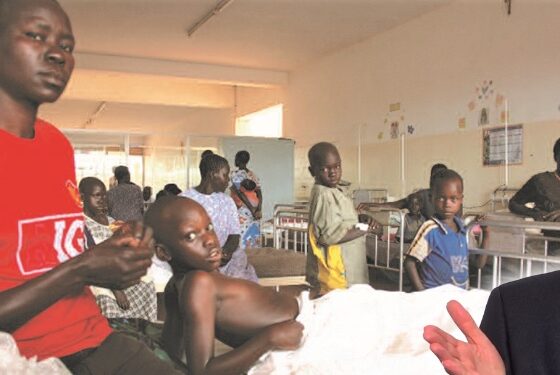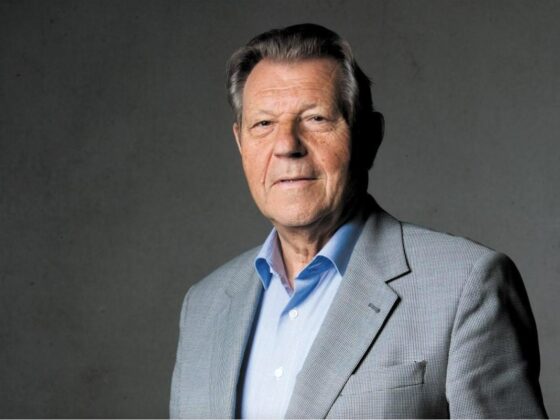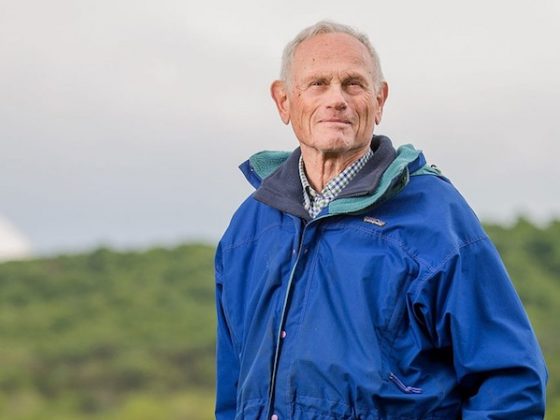José Baselga, one of the most high profile oncologists of recent times, has died at the age of 61. His fame in the cancer world is confirmed by the volume of tributes on social media and websites globally, and in particular from those in the US and the Catalonia region of Spain, his native country.
He had already received a lifetime achievement award from the European Society for Medical Oncology (ESMO) in 2017, despite being many years away from retirement. At the ceremony he was described as “a true giant of modern oncology”, and the “godfather of translational research”; these and many similar accolades he received along his career justifiably set Baselga apart as a leader in both the scientific and organisational aspects of cancer research and care.
Scientifically, Baselga is best known for translational research in breast cancer and the introduction of new agents to the clinic, including trastuzumab (Herceptin). But his career and impact spans the US and Europe, with a focus on raising the profile of medical oncology, the importance of establishing multidisciplinary cancer centres, and stepping up into influential leadership positions, such as president of ESMO and also of the American Association of Cancer Research (AACR).
“He also fostered a new generation of physician-scientists, who have taken on translational research across the cancer spectrum”
“José changed the way we thought about breast cancer, as one of the first to talk about and develop biomarkers for translational research and the implementation of targeted therapies,” says Fatima Cardoso, director of the breast unit at the Champalimaud Clinical Centre in Lisbon. Crucially, she adds, he also fostered a new generation of physician-scientists, who have taken on translational research across the cancer spectrum.
Baselga’s ascent to the heights of the AACR was set in train early in his career, as he was able to carry out a combination of laboratory and clinical research – the essence of translational research. After his medical training in Barcelona, he was attracted to internal medicine and to oncology, and was successful in obtaining a fellowship at the prestigious Memorial Sloan Kettering Cancer Center (MSKCC) in New York.
As reported in Cancer World, in a 2005 profile piece titled ‘Playing to Europe’s strengths’, visa restrictions held him back from practising as a doctor, and he was instead able to spend nearly two years in the lab – experience he considered essential for any aspiring medical oncologist, who should not to be pushed too soon into fulltime clinical duties.
Baselga became principal investigator on a pivotal phase II study of trastuzumab, which was under study at MSKCC, and later was a central figure in the introduction of pertuzumab, a second anti-HER2 agent, and also in cetuximab, lapatinib, erlotinib and everolimus, among others. His potential as a clinical triallist had been recognised by the American Society of Clinical Oncology (ASCO), which had granted him a young investigator award in 1992 and a career development award in 1994.
Shaping oncology in Europe
Baselga returned to Barcelona for family reasons, but was in any case frustrated with difficulties in conducting clinical studies in the US, citing barriers such as poor patient enrolment and lack of multidisciplinary cooperation. He felt he could do better translational research at home, and did so during a long spell as head of oncology at Vall d’Hebron hospital in Barcelona. But he also had to set up a modern cancer centre almost from scratch, as there was little there when he arrived.
That he did, establishing Vall d’Hebron Institute of Oncology (VHIO) as one of Europe’s leading cancer treatment and research centres, convincing the authorities to upgrade facilities, including setting up cancer-specific units (with breast first), attracting top researchers, and running an extensive clinical trials programme – as he said at the time, the future for big academic hospitals was to create tumour-focused multidisciplinary teams.
“I think our obligation is to understand why an agent is working and selecting the right patients for treatment”
At the heart of this was a determination to be involved in the scientific rationale – as he told Cancer World more than 15 years ago: “We now only get involved in phase I trials where we are part of the science – I’m not interested in pushing drugs and seeing whether they are tolerated or not, which is the classic model of phase I development. I think our obligation is to understand why an agent is working and selecting the right patients for treatment.”
Stan Kaye, professor of medical oncology at the Royal Marsden in the UK, notes: “In all his drug development programmes, he insisted on providing information on target engagement through tissue and tumour biopsies, and he really led the field in Europe through this approach, ably assisted by his successor in Barcelona, Josep Tabernero.”
Kaye also recognises Baselga’s role in fostering new ways of working with industry that were required for the success of the new knowledge-driven approach to drug development: “A harmonious bridge between academic units and the pharmaceutical industry is nowhere more important than in the field of new cancer therapy, and José provided the perfect model for others to follow. I was struck by his determination, but he managed to combine this with a disarming and friendly manner which characterised all our meetings over the years and was clearly so effective for him. He was obviously a great team builder and Vall d’Hebron quickly rose to become one of the leading cancer centres in Europe.”
It was a model that other European centres strived to emulate, particularly for drug development research and establishing the careers of physician-scientists, says Cardoso. “I worked with him on some trials and also spent two weeks in Barcelona when I needed to do preclinical work for my PhD, and saw for myself how he had modernised the centre.”
Franco Cavalli, who chairs the European School of Oncology’s (ESO) Scientific Committee, highlights the role Baselga played in transforming medical oncology, and particularly clinical trials, in Europe. “He understood that precision medicine would be the future of cancer treatment and that therefore clinical trials could really be meaningful only if based on translational research. Barcelona soon became one of the most important centres… José transformed European cancer societies and his leadership became an important weapon in the global fight against cancer.”
Kaye remembers him in a similar vein as, “… one of the most effective previous presidents of ESMO at a particularly critical time. His diplomatic skills and his ability to deal with stress, combined with the steely determination which lay behind his calm demeanour, were priceless assets.”
Baselga paid particular attention to training oncologists, including through his work with ESO ‒ where Cavalli says he was both “an active and inspiring member of ESO’s scientific committee,” and a “splendid teacher” ‒ and with ESMO, where at one point he chaired their Young Medical Oncologist Working Group. Cardoso credits him with opening ESMO up to a much wider pool of European talent, including a younger generation and women across the continent.
No doubt he could be a tough but fair mentor – at Barcelona he insisted that everyone learnt English so they could participate in the global research community. This was part of his desire to establish medical oncology as a top and recognised discipline; he said at the time: “The quality of cancer care relates directly to the strength of medical oncology in any centre – there’s no question of that. If you look around Europe, there is a tremendous imbalance of quality of care – because we don’t have a strong speciality.”
Baselga’s presence and activities in Europe certainly helped raise medical oncology’s profile, but as he noted, it has been important to play to Europe’s strengths, such as being champions of multidisciplinary work and trials, and not try to replicate what is being done in the US, where it is probably impossible anyway to rival the resources of ASCO in aspects such as meetings and awards, and the strength of basic research and biotech in the US is also a given.
The American years
Eventually, the temptation of offers from the US took him back across the Atlantic ‒ first to Massachusetts General Hospital and then to MSKCC, both with oncology leadership and academic positions. Clifford Hudis, now CEO of ASCO, worked with Baselga over three decades from when they were both fellows at MSKCC, and remembers him as a man whose “remarkable career was built on a passionately articulated vision of the future of cancer research and care.”
“José believed in evidence, had faith in science and translational research, and valued execution. He held himself to high standards and expected the same from others. In my experience over three decades, this drive marked everything he did, every day.”
A lecture by Baselga in 2016 on targeting the breast cancer genome and shaping precision medicine, which covers a lot of the work he did during his time at MSKCC, is available on YouTube.
Baselga was quietly spoken, but forthright, in his views about the directions for progress in cancer, and for the development of expertise among young colleagues. His focus on the pre-clinical to clinic and on drug development shaped his drive to speed new treatments and diagnostics into the clinic, which tended to put him on the side of oncologists who interpret trials and potential more favourably than those who take a more sceptical view about value and utility.
One such sceptic is US medical oncologist Vinay Prasad, who nevertheless has recorded a fond tribute to Baselga, noting that, in speaking his mind he commanded respect. Prasad mentions, ruefully, a debate on utility of genomics in the clinic, where Baselga as moderator sided with Prasad’s opponent.
Cardoso comments: “I didn’t view the results of some trials the way he did, as I fight for the endpoints I believe are most useful to patients. But José believed in the potential of targeted therapies to change outcomes, and the truth is they did in HER+ breast cancer.” They may well do so in future in the other subtypes, she adds.
“He would challenge you, and make you think and see things from a different perspective. Such people are very important”
“He will be greatly missed by all of us in breast cancer regardless of whether we agreed with him,” she says. “He would challenge you, and make you think and see things from a different perspective. Such people are very important.”
Baselga eventually ran into controversy at MSKCC in 2017, having to leave after failing to disclose some of his many industrial interests on academic papers. He was far from being the only oncologist with extensive industry funding and positions on the boards of bio-tech and pharmaceutical companies, and the episode served to prompt discussions on transparency and how industry and academic institutions should work together.
He took full responsibility and updated his disclosures, noting: “Beyond me, this is an important matter for the entire medical research field. It is my hope that this situation will inspire a doubling down on transparency in our field and that MSKCC and other research institutions, industry, publications, professional societies and other stakeholders continue to work together to standardise the disclosure process.” If anything, there has been a positive outcome from this episode, although it is still early days for new rules of engagement.
He was soon snapped up by AstraZeneca as head of oncology R&D, where he acted quickly to streamline teams to improve efficiency and the quality of science, as he detailed in a recent interview, in which his undimmed enthusiasm for the drug discovery process was evident. He outlined a number of initiatives, including training medical oncologists in a two-year drug development programme, echoing his earlier experience in the lab, and also described his philosophy of R&D. Just last December (2020) he was involved in presenting AstraZeneca’s trials at the 2020 San Antonio Breast Cancer Symposium.
Paying tribute to him, Pascal Soriot, AstraZeneca’s CEO, said Baselga had already set the firm’s oncology R&D on a “remarkable trajectory”, having also developed collaboration with partner Daiichi-Sankyo on clinical development of trastuzumab deruxtecan, a HER2-directed breast cancer antibody-drug conjugate, and was inspiring the team to develop science in other antibody-drug conjugates, cell therapy, and epigenetics, among other new cancer treatments.
In a video from last October, Baselga talks of his commitment to maintaining clinical trials during the Covid-19 pandemic – and of using this time to improve trials to be more patient-centred and also to simplify them. “I had a very good professor who told me, ‘One clinical trial, one question,’” he said.
“He was the most disruptive and brilliant mind I ever met. He has shaped modern oncology and saved so many lives”
“He was the most disruptive and brilliant mind I ever met. He has shaped modern oncology and saved so many lives,” said Jean-Charles Soria, director general of the Gustave Roussy cancer centre in Paris. “I have lost a real friend and mentor.”
The tributes to Baselga reveal not just an outstanding, highly driven professional who reached the top, but also someone of great warmth and care who had time to invest in relationships, including mentoring that could be highly demanding but could turn into life-long friendships. That combination is rare in competitive walks of life.
Josep Tabernero, current director of the VHIO in Barcelona ‒ one of the great legacies left by Baselga ‒ said: “The passing of José Baselga, a cherished friend and mentor, sends shock waves globally. Honouring his incredible legacy we will apply the same dedication to combating cancer.”
José Baselga was married with four children. His daughter, Clara Baselga-Garriga, is fundraising for research into neurodegenerative diseases in honour of her father’s belief in science.
A full CV for José Baselga, from 2017, including all his professional positions and awards and 460 peer reviewed articles can be found on the site of the FERO ‒ a Spanish translational cancer research foundation that he created in 2001 and which he chaired from 2012 to 2019 and held the honorary presidency.
A Zoom meeting, with friends, colleagues and patients, is taking place at 3pm EST (US) Saturday 27 March to remember José Baselga.

